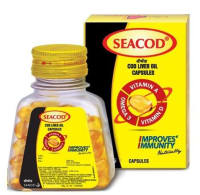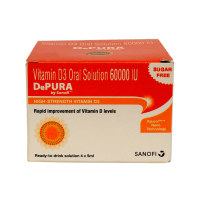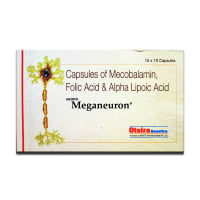
Interaction with alcohol is unknown. Please consult your doctor.

Unknown. Human and animal studies are not available. Please consult your doctor.

No information is available on the use of Metagard 60mg Tablet during lactation. Please consult your doctor.

Metagard 60mg Tablet may make you feel dizzy, sleepy, tired, or decrease alertness. If this happens, do not drive.

CAUTION
Metagard 60mg Tablet should be used with caution in patients with kidney disease. Dose adjustment of Metagard 60mg Tablet may be needed. Please consult your doctor.Use of Metagard 60mg Tablet is not recommended in patients with severe kidney disease.

There is limited information available on the use of Metagard 60mg Tablet in patients with liver disease. Please consult your doctor.
Uses of Metagard Tablet
Metagard 60mg Tablet is used to prevent chest pain (Angina).
How to use Metagard Tablet
Take this medicine in the dose and duration as advised by your doctor. Swallow it as a whole. Do not chew, crush or break it. Metagard 60mg Tablet is to be taken with food.
How Metagard Tablet works
Metagard 60mg Tablet decreases the oxygen requirement of the heart by shifting its metabolism from fats to glucose. As a result, the heart works more efficiently.
Common Headache, Vomiting, Dizziness, Weakness, Constipation, Nausea.
Expert advice for Metagard Tablet
Metagard prevents new attacks of angina but does not stop an acute attack. Does not affect heart rate, blood pressure at rest or during exercise. Improves HbA1c and blood sugar levels in diabetes patients. Avoid driving or using machinery if you feel dizzy after taking Metagard.
Q. What is Metagard used for?
Metagard is used in the treatment of angina pectoris (sensation of pressure, squeezing, or pain in the chest due to insufficient blood supply to the heart) as an additional therapy to other medicines.


 Metagard 60mg Tablet
Metagard 60mg Tablet  Bookmark
Bookmark



















